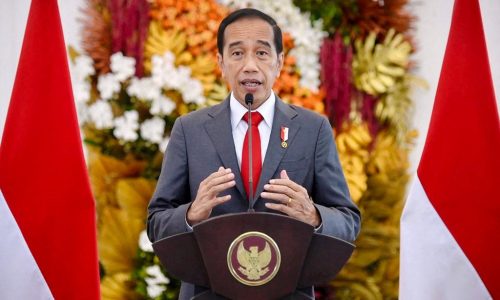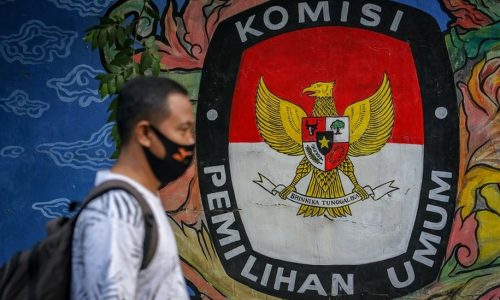Investment Minister/Head of the Investment Coordinating Board (BKPM) Bahlil Lahadalia said the global regulation of the carbon market was unfair, considering the comparison between developed and developing countries in applying the regulation.
He made the statement during a panel discussion at the 2022 World Economic Forum Annual Meeting in Davos, Switzerland, titled “Unlocking Carbon Markets” on May 23, 2022.
Lahadalia explained that every country had its different condition, so the global regulation of the carbon market could not be generally imposed.
“The carbon price hailed from developed countries is better than those from developing nations, even those with natural resources to produce carbon,” he said in a statement.
Lahadalia also expressed concern that people living near the forests would not be able to guarantee they could protect the forests without any mitigation efforts. Additionally, developing nations lack sufficient capital to invest in this.
Therefore, he believed the mitigation efforts required collaboration of all parties. “We want to produce a green product, but we also want a partnership that will benefit all stakeholders in terms of investment,” he said.
The forum discussed what needs to be done in carbon market financing to accelerate the transition to an economy without emissions and which is environmentally friendly.
Additionally, Lahadalia noted that President Joko Widodo has committed to establishing a zero-emission era by 2060. The president also invited investors to invest in Indonesia.
“We will arrange all permits based on a win-win calculation. There will be no double standard,” the minister said. “If there is a double standard in strategy efforts, there is a failure on our part. And it needs to be fair and transparent.”
According to Lahadalia, one of the Indonesian government’s goals at this time is to create an ecosystem to encourage green investments in the downstream industry. Electric batteries are part of the ecosystem.
Moreover, the government has managed its palm oil industry per international recommendations. The minister asserted that Indonesia no longer cuts the forests and that a moratorium has been imposed on converting forests into oil palm plantations.









